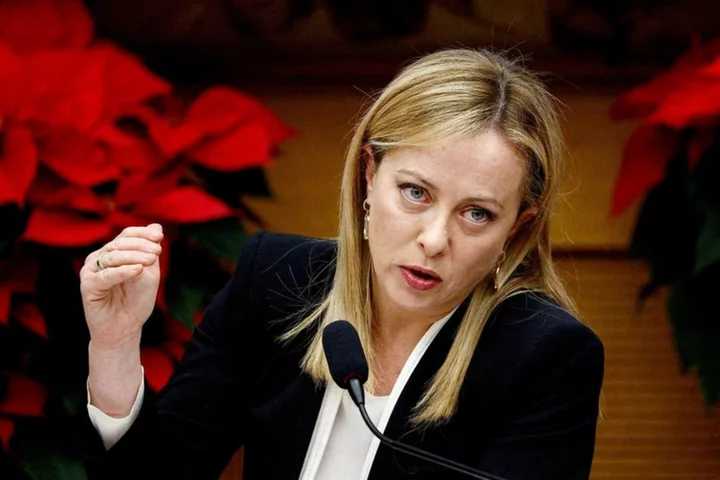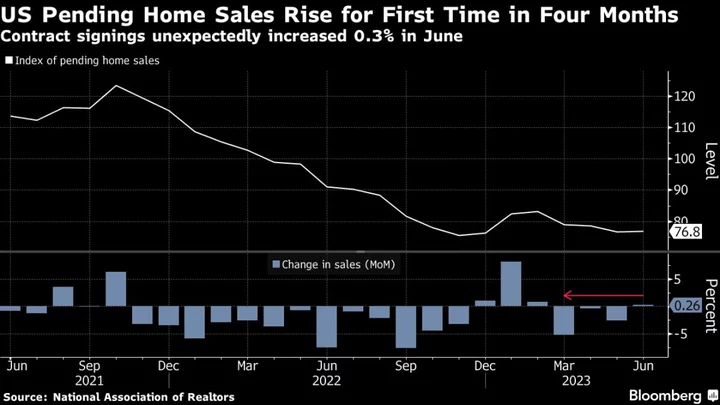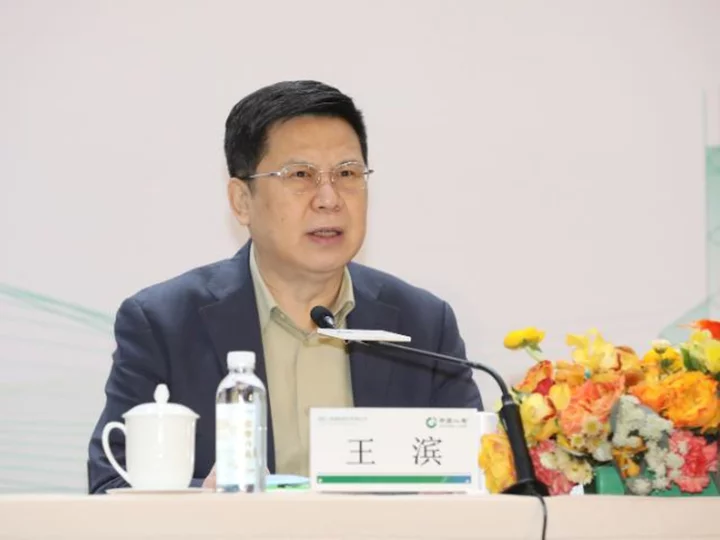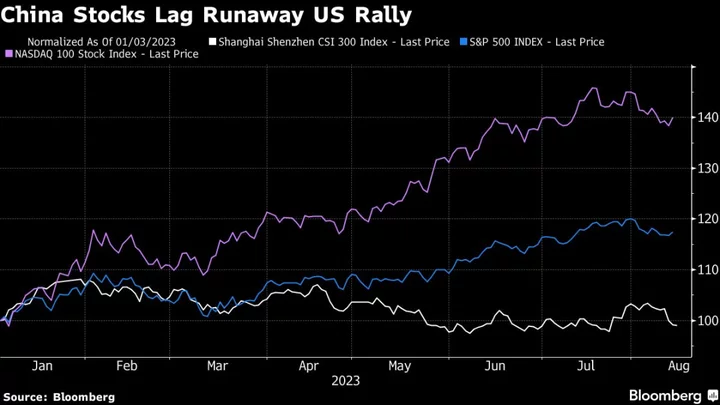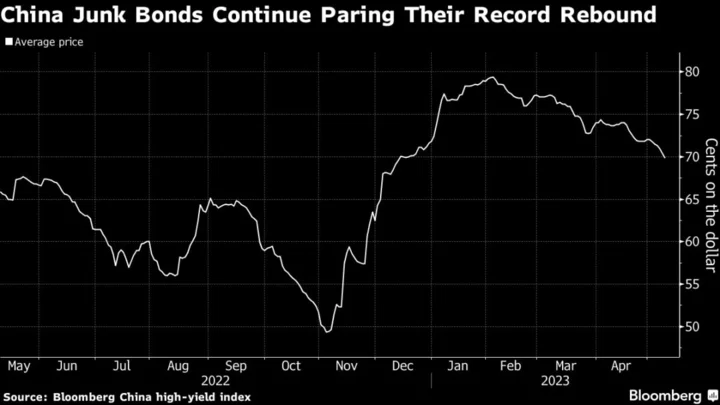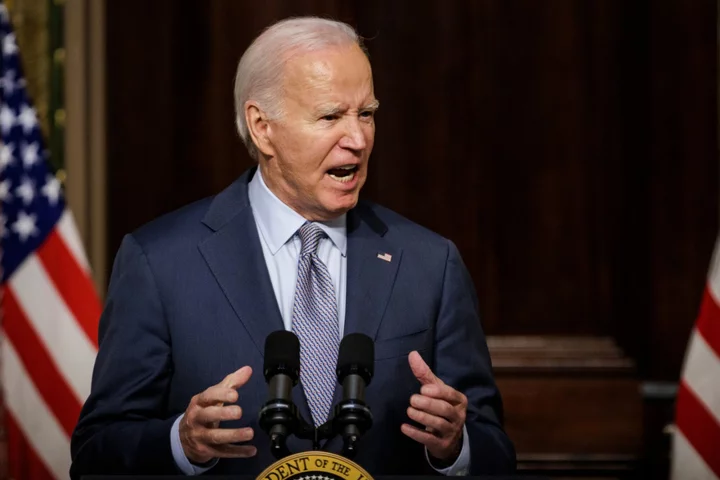By Giuseppe Fonte and Angelo Amante
ROME Italy plans to set up a fund with at least 2 billion euros ($2.2 billion) at its disposal to bolster strategically important supply chains, a draft bill seen by Reuters showed.
The "Made in Italy" fund will have an initial endowment of 700 million euros in 2023 and an additional 300 million next year in state cash.
But the bill, yet to be made official, shows Rome is also planning to raise at least an additional billion euros from other sources outside the public administration.
A previous draft reported by Reuters in May envisaged 500 million euros from private investors.
State-controlled groups including Cassa Depositi e Prestiti (CDP) could inject resources in the fund, a government official said.
Separate sources have previously told Reuters that Prime Minister Giorgia Meloni is courting sovereign wealth funds from Saudi Arabia, Qatar, the United Arab Emirates, Azerbaijan and Norway to add to the fund's firepower.
The scheme would support companies operating in key supply chains, while also aiming to boost procurement and reuse of "critical raw materials".
Meloni's government has made it a priority to extract more such materials at home to ensure local industry becomes less reliant on imports from countries such as China.
"Italy counts 16 among the 34 raw materials considered critical by the European Union," Industry Minister Adolfo Urso said on Monday.
"These are necessary for the dual transition, ecological and digital, which is crucial for Italian industry to be more independent in the production of electric batteries and solar panels," he added.
Italy is working within the framework of the European Union's Critical Raw Materials Act, a centrepiece of the EU strategy to ensure its industry can compete with the United States and China in making clean tech products and accessing the necessary raw materials.
Rome could also use the planned fund to buy stakes in listed companies headquartered in Italy but outside the financial sector, the draft bill showed.
The bill received approval from state auditors at the Treasury and is now expected to be formally presented to parliament.
Once it has entered into force, the government will issue a separate decree defining how the fund will work and how to appoint its managing company, which would receive 2.5 million euros in annual fees, according to the draft.
($1 = 0.9143 euros)
(Reporting by Giuseppe Fonte and Angelo Amante; Editing by Mark Potter)

